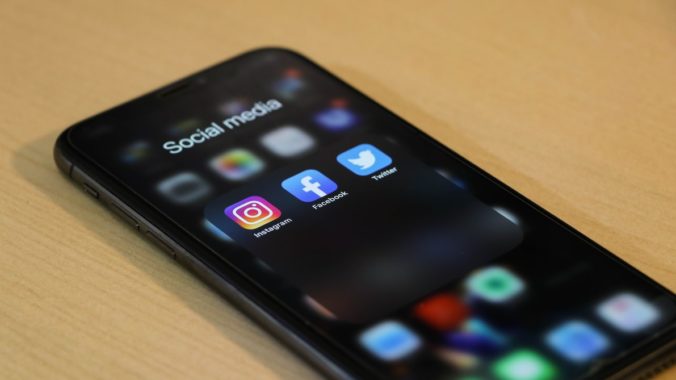Social Media and Me
Being only 22, I experienced most of my life with the presence of the internet and social media. I remember hearing MSN messenger dings whenever my cousins would come over and use our family computer. I remember when Facebook was becoming the big thing and making an account with a fake age because I wasn’t quite 13 yet. I also recall getting my first phone late in high school and immediately downloading Snapchat and Instagram so I could finally talk to my friends on all the cool social media apps.
Even with all that I grew up in an in-between stage of the intersections of social media and technology with children. I definitely remember a time when having a smartphone was not normal. I got my first cellphone in my senior year of high school and I remember a time before Facebook and MySpace. In school, there was minimal interaction with technology outside of the computer lab. Having your phone out when the teacher was talking was not allowed and if you were lucky a “cool teacher” would let you listen to music while you were working. I am not mentioning this to sound like an older person (my dad) who decries how youth today do not understand how hard we all had it way back in 2010, but to recognize how the landscape is completely different for me than it is for youth today in the short time it has been since I was in high school. Youth today were born into the social media age, their schools have Chromebooks and they hand in assignments online with Google Classroom. Now, more than ever before does social media affect the landscape of schools and as future educators, we need to be aware of this.
What Social Media and Technology Looks Like in Today’s Classrooms
This past week we had the chance to listen to Jesse Miller of Mediated Reality who offered great insights on the intersections between social media, students, and educators. In his short talk with us, Jesse hammered home the importance of being cognizant of how social media affects youth and educators today. Instead of simply summarizing his speech, I will talk about some of the things he said that resonated with me.
The importance of teachers protecting themselves on social media is something I am glad we talked about. Before this class, I was never that protective of my social media platforms and how that all can be traced to me. Jesse brought up some examples of how students understanding of social media interacts with teachers’ social media as trying to add them and follow them. In the same vein, he also added how teachers can be flippant with the interactions between social media and students. He added one example of a teacher who made an Instagram account for test scores. Initially, I thought this was genius, but Jesse brought up how now this teacher had access to the personal information of many of his students and the ability to DM them. While it is unlikely this would be used for anything inappropriate, simply having access to these things is is inappropriate in of itself. While I feel like I have a good handle on social media in 2020, things will rapidly change and it is important for me to make sure I stay up to date and understand the level of power a teacher can have when interacting with students on these platforms.
Thanks for reading and I hope you enjoyed it! See the links below if you are interested in any of Jesse’s other platforms or work.

Leave a Reply
You must be logged in to post a comment.